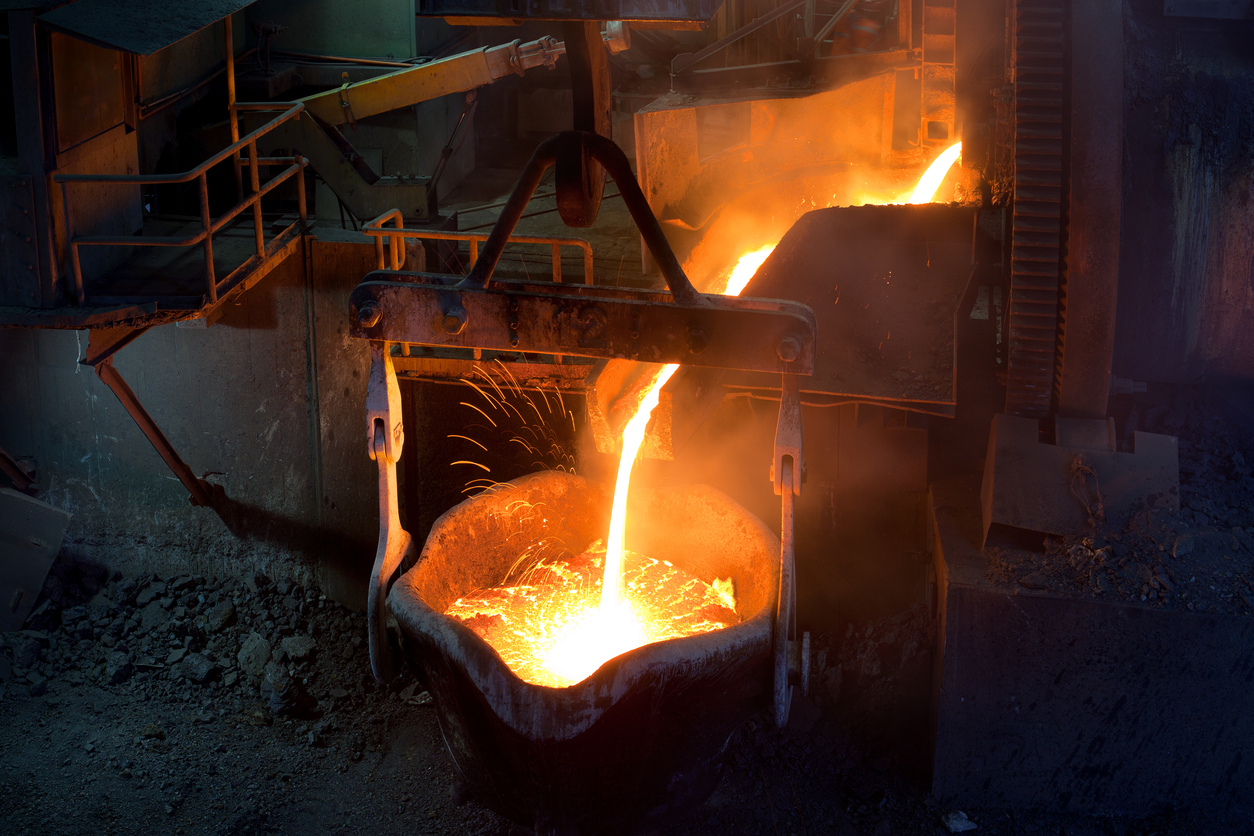
Copper’s continued rise seems to be without barriers right now, even after China ramped up efforts to cool the commodities surge that may be building fears of global inflation. Worries on the other side of the planet are also fueling concerns about the long-term supply outlook.
Chile’s proposed tightening of regulations in the country and higher taxes on royalties and other profits may not come to pass, but until a resolution is made by vote, miners and traders will continue to haggle over the direction of copper. For now, the bias has been a solid upward trend that is showing no signs of abating.
The world’s biggest copper-producing country (Chile) has just elected an assembly that had put the writing and signing of a new constitution mostly in control of the left-wing. With social and environmental concerns at the forefront of their political agenda, there isn’t much room for error as opponents of the new policies work to prevent them from being signed into law.
Compromise Will Be Necessary
In the end, some regulations could be coming down the pipeline, with miners facing more rigid rules around environmentally-friendly operations and mineral rights. That regulation would ultimately pave the way for one of the heaviest taxes on the mining industry in the world. Royalties and profits from mining activities in the country could be taxed at higher rates than ever before, possibly leading some miners to shift focus to other regions.
For some companies, risks are minimized. Canadian miner Teck Resources (NYSE:TECK) has a stability agreement in place with the country that will shield its massive Quebrada Blanca Phase 2 copper project from higher tx levels for 15 years, according to Chief Executive Don Lindsay. Many countries south of the equator have shifted tone on mining, with Peru’s socialist presidential candidate Pedro Castillo claiming he would raise taxes and royalties on Peru’s all-important mining sector and move to quickly renegotiate with large companies over their tax contracts. This is a big if, as he has not been elected, and opposition is strong.
Lobby groups, politicians, mining companies, and their workers will look to maintain operations as they are, with job creation and economic growth a key pillar for the countries in which the mining industry operates. As one of the most significant sectors for many of these countries, the jobs they rely on and the tax income generated are essential to the nations and the politicians who run them.
There’s No Stopping This Train, Even if it Slows
For now, China continues to maneuver to try to find ways to contain costs and keep prices low or at least stable. Citigroup analysts recently recommended buying the dips since Beijing could “easily run out of options” for tamping down price growth. Analyst Tracy Liao wrote in a note that, “We do not foresee such a U-turn any time soon given the strategic priority of these agendas.”
The coming decade is likely to see consistent growth for copper prices, regardless of intervention as the global economy pivots to an electrified format with EVs and batteries driving much of the transition.



 Follow us on Twitter
Follow us on Twitter Become our facebook fan
Become our facebook fan











Comments are closed.